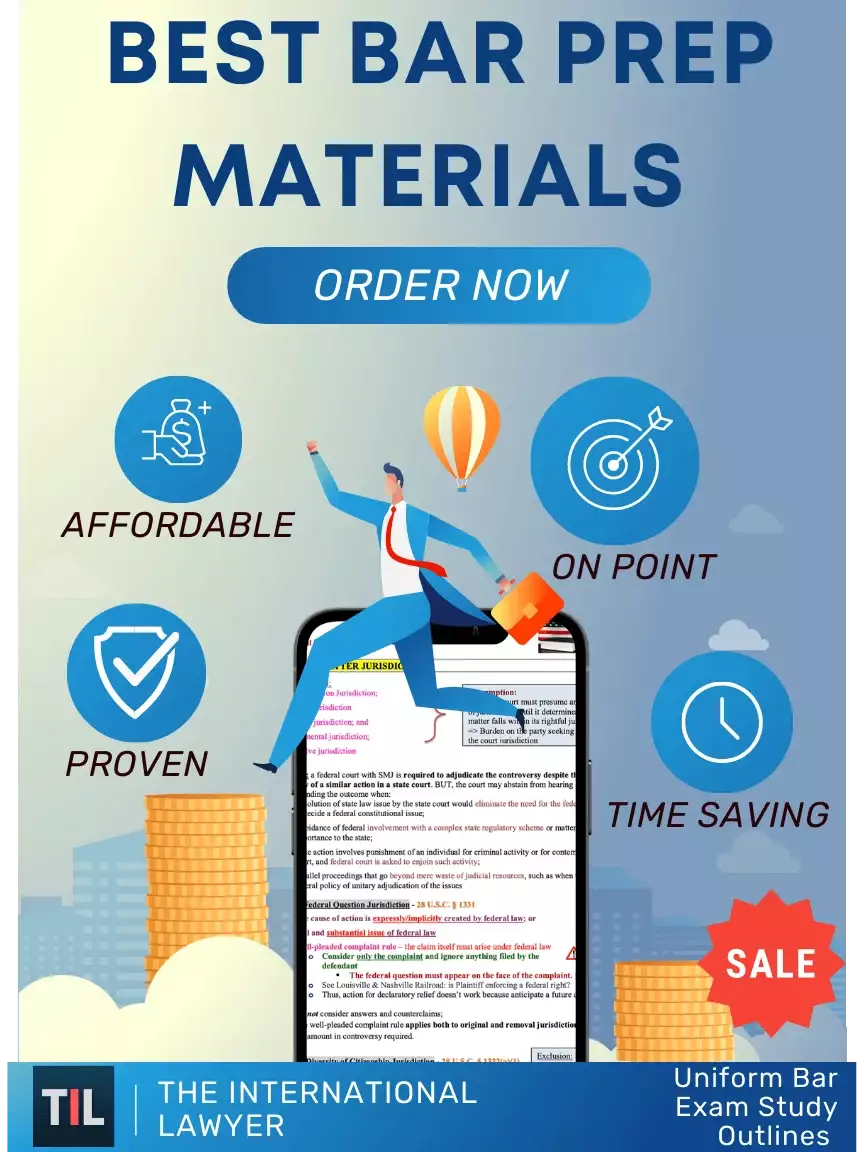Networking is an essential part of the legal profession, thus it is important for law students to seize their chance to get the most out of their experience. So How to Network for Law Student?

1. Bring business cards

It is not the business card itself that is so important, rather it is the handing out of the card that conveys the message: it shows that you are prepared. It also shows confidence and the other person will give you theirs in turn.
You can make your own business cards, even if you are still a student. Your law school probably offers business cards services. That being said, pay attention to the esthetic of the cards: a business card is the first impression of your brand. Perhaps you can make your cards thicker, a unique business card might just fuel the conversation even further.
2. It is not about you

Networking is about connections, in other words it isn’t about you. The community connection is really the definition of successful networking. So what does that means?
(1) Do not talk about yourself first, unless asked. Remember, the other person is also networking. The way you catch someone’s attention is to talk about something interesting, and it is probably not you, at least yet. Do you know these persons? Were they on any panels? What topic do you have in common? Pay attention and find a common interest.
(2) Offer a mutually beneficial relationship. Be curious about the people you meet: what are they currently working on? how could you help them by connecting them to a resource or a person? etc. This is how you build meaningful relationships.
3. Understand your value

What do you offer to the other? How could your work contribute to the other. Your value proposition makes you credible and helps you build influence. I think the first step in networking is to understand how you can help others. Once you get to this point, you basically eliminate the belief that your are talking about yourself.
So what is your value proposition? It could be about sharing connections, when one person has a problem the other can solve, introduce them, about sharing experiences, your professional experience, the project you have worked on, etc, or about sharing opportunities/resources, which demonstrate true selflessness.
So work on your “elevator speech”: what describes you? how do you introduce yourself? how you explain your value?
4. Following up

There is “work” in networking, so do your job! In order to make the most out of your networking experience, you need to follow up within the few next days.
(1) Connect by email the next day: keep in mind your approach for each follow-up – don’t use generic messages, instead, be personal, meaningful and refer to conversations you had with that person.
(2) Persistence is key: don’t take it personally if you don’t receive a reply within a week, people are busy sometimes! Follow up at least three time before you give up, but don’t harass a person.
Conclusion
Networking is not taught in law school, and you might feel uncomfortable with the concept of selling yourself to be an effective lawyer. Communicating is an essential skill for lawyers however and you must be able to identify yourself, how you can help and what you can bring.
Ultimately, enjoy the experience! Don’t see it as a chore. It takes time to build a network and most of the time you make connections when you least expect it.




